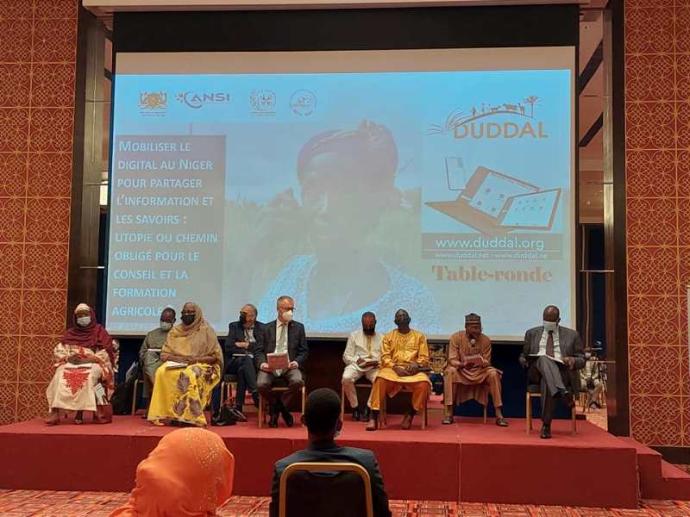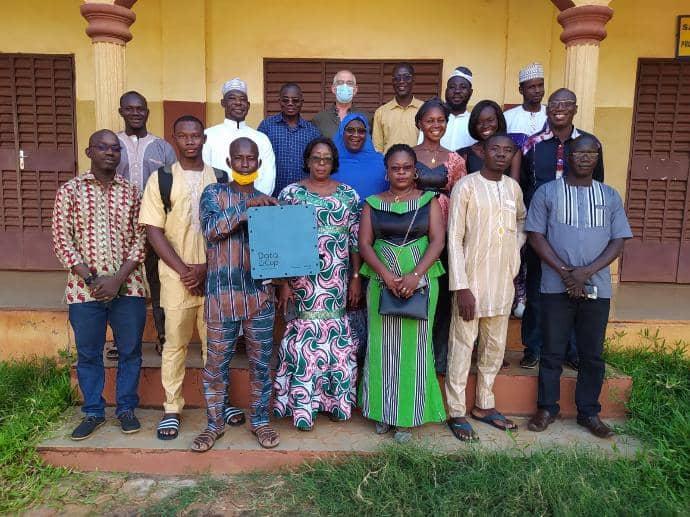Africa’s digital landscape is undergoing a profound transformation, driven by opportunities and innovations that have the potential to reshape the continent’s future. Although Africa faces many challenges related to Internet access, several innovative solutions and emerging technologies open up considerable prospects for its digital development.
One of the major opportunities lies in the expansion of mobile Internet. The rapid growth in smartphone usage has enabled millions of people to access the Internet via their mobile phones. According to the GSMA, over 70% of Internet connections in Africa are now made through smartphones. This represents a powerful lever to overcome the lack of fixed infrastructure (such as fiber optic networks) and allows rapid connectivity for populations in hard-to-reach geographic areas. Furthermore, the rise of 4G and 5G networks across the continent (notably in countries like Kenya, Nigeria, and South Africa) opens up prospects for faster, more reliable, and more accessible Internet for a larger number of people.
Another major innovation is the development of satellite connectivity solutions. Companies like SpaceX’s Starlink aim to bridge the coverage gap by offering high-speed satellite solutions that can reach even the most remote and underserved areas traditionally lacking infrastructure. This technology could reduce deployment costs and improve network resilience, particularly by providing Internet connections to rural and isolated populations.
The growth of mobile commerce and digital financial services also represents a great opportunity for Africa. Services such as M-Pesa, Orange Money and MTN Mobile Money have revolutionized access to banking and financial services in Africa, enabling unbanked populations to participate in the digital economy. This financial inclusion is especially beneficial for small businesses and rural populations, offering a solution to the economic exclusion faced by millions.
E-health is another key innovation in Africa’s digital transformation. Platforms like mPharma and Helium Health enable remote populations to access healthcare remotely, online medical consultations, and medication management solutions. This sector holds enormous potential to improve healthcare access in regions where medical infrastructure is limited.
Moreover, investments in digital education also have transformative potential. The adoption of technologies such as online learning and MOOCs (Massive Open Online Courses) can allow millions of young Africans to access quality education regardless of their location. Initiatives like Africa Digital Skills aim to bridge the skills gap and prepare Africa’s youth for the digital revolution.
All these innovations and opportunities, combined with efforts to reduce connectivity costs, improve infrastructure, and promote digital inclusion, can transform Africa’s digital landscape and boost economic growth across the continent. However, for these innovations to have a true large-scale impact, it is essential to implement coherent public policies, attract investments in infrastructure, and optimize the use of new technologies for the benefit of the African population.
 Duddal
Duddal SOS Village d'Enfants Niger
SOS Village d'Enfants Niger



What Opportunities and Innovations could transform Africa’s Digital Landscape?